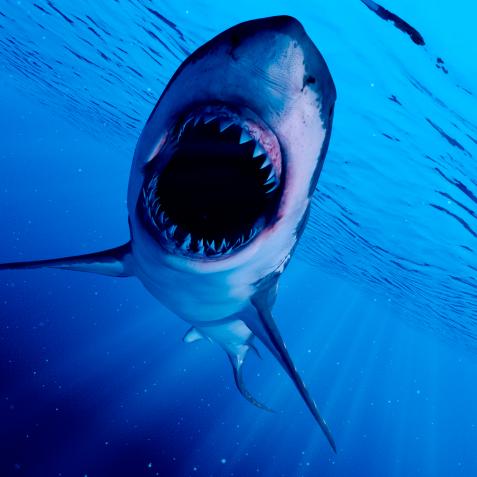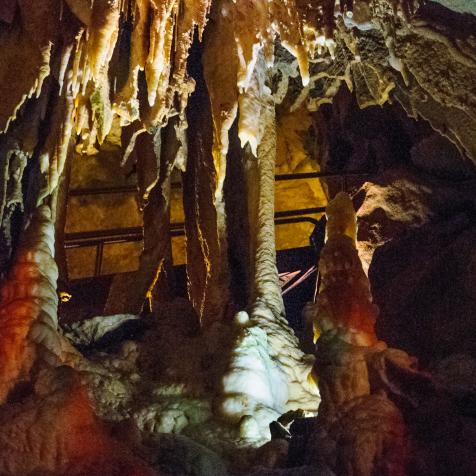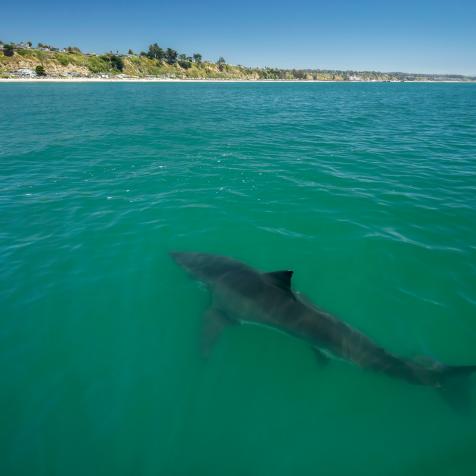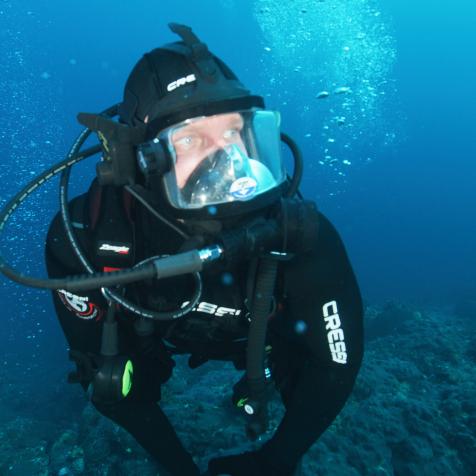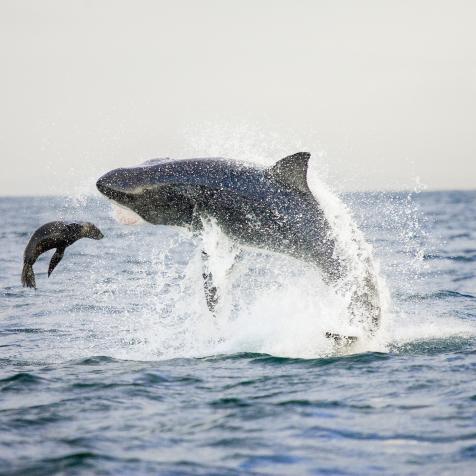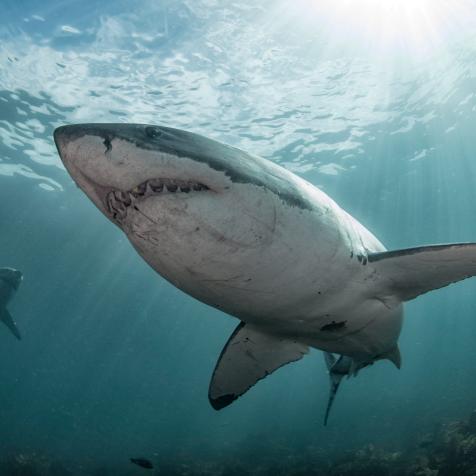
Aodhán O'Gogain
Scientists Trace Back Shark Cannibalism to 300 Million Years Ago
Scientists trace back shark cannibalism to 300 million years ago with evidence found in Canada.
A long time ago (300 million years) in a world far far away (well, Canada), a 10-foot-long shark called Orthacanthus was hungry and looking for its next meal.
That meal turned out to be another shark. A BABY shark. And most notably, a shark OF THE SAME SPECIES.
That's right, Orthacanthus–a top predator in its day–was a CANNIBAL.
The damning evidence–the earliest we have of sharks eating members of their own species–comes in the form of coprolites (fossilized poop) discovered in a coalfield in New Brunswick, Canada. Scientists found 300-million-year-old spiral-shaped feces that was "packed full" of the teeth of juvenile Orthacanthus.
How do we know this ancient waste belonged to Orthacanthus? Because the shark's distinctive corkscrew-shaped rectum produced equally distinctive corkscrew-shaped poop, which makes identification "easy."
The question remains WHY the eel-shaped prehistoric shark turned to eating its own kind instead of its usual diet of fish and amphibians.
In a press release about the findings, co-author Howard Falcon-Lang of Royal Holloway University of London said: "We don't know why Orthacanthus resorted to eating its own young. However, the Carboniferous Period was a time when marine fishes were starting to colonize freshwater swamps in large numbers. It's possible that Orthacanthus used inland waterways as protected nurseries to rear its babies, but then consumed them as food when other resources became scarce."
Adds Trinity College Dublin's Aodhan O'Gogain, who actually made the incredible discovery, "There is already evidence from fossilized stomach contents that ancient sharks like Orthacanthus preyed on amphibians and other fish, but this is the first evidence that these sharks also ate the young of their own species."
We suppose starvation is as good an excuse as any for a shark to turn to filial cannibalism.











